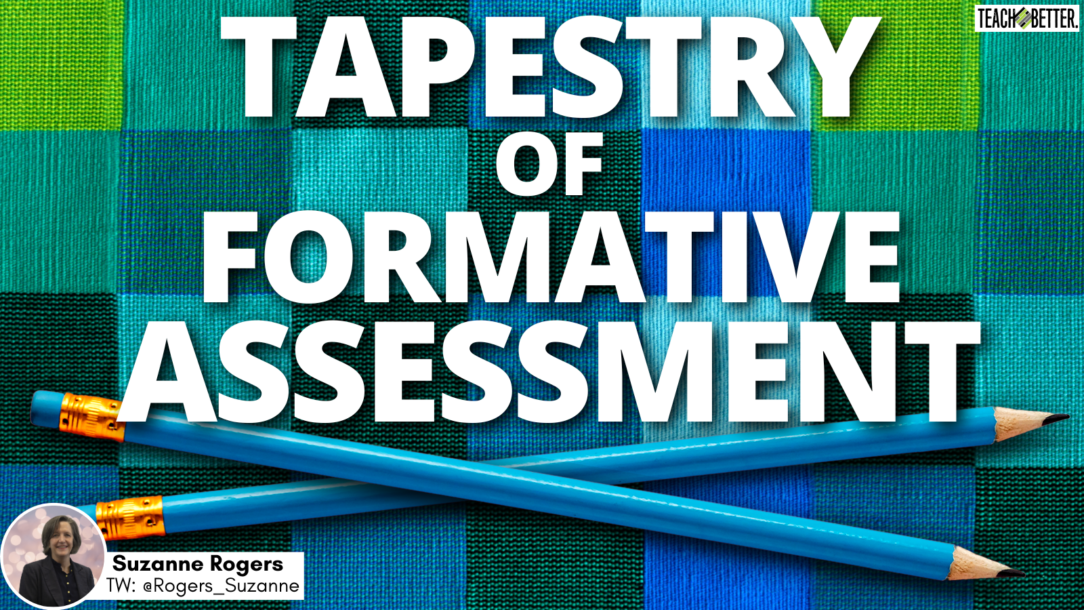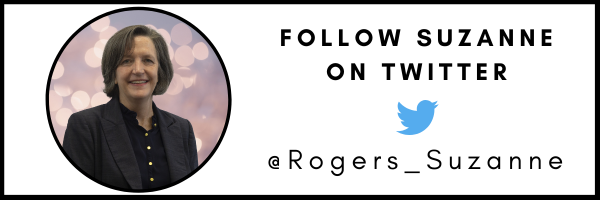TL;DR:
- Formative assessment is vital for effective teaching, offering real-time insights into student progress.
- Tom Schimmer advocates for diverse approaches, including thoughtful questioning, Socratic seminars, and one-on-one conferencing.
- Peer reviews, interactive technology, and strategies like think-pair-share enrich formative assessments, promoting collaboration and critical thinking.
Tapestry of Formative Assessment
Formative assessment is a tapestry and the heartbeat of effective teaching, offering educators a real-time understanding of student progress. In the fabric of formative assessment techniques, integrating questions and conversations is a powerful and dynamic approach. In this exploration, we delve into the diverse mosaic of formative assessments, focusing on the insights of education innovator Tom Schimmer.
Traditional Quizzes and Questionnaires
While traditional quizzes and questionnaires remain foundational in formative assessment, crafted with care, these tools evaluate knowledge and stimulate critical thinking. Tom Schimmer emphasizes the importance of thoughtful questioning to elicit deep understanding and foster a culture of curiosity.
While traditional quizzes and questionnaires remain foundational in formative assessment, crafted with care, these tools evaluate knowledge and stimulate critical thinking. Click To TweetSocratic Seminars
Socratic seminars, inspired by the ancient method of inquiry, create student-led dialogues on various topics. Tom Schimmer champions these discussions as an avenue for collaborative learning, critical thinking, and developing communication skills. These seminars empower students to take ownership of their learning journey. Download this Socratic Seminator template and more for free: https://bit.ly/3y7juru
One-on-One Conferencing
Educators gain nuanced insights into individual student progress through personalized assessments in one-on-one conferencing. Tom Schimmer advocates for these conversations, emphasizing their role in addressing specific needs, providing tailored guidance, and building a trusting teacher-student relationship.
Peer Reviews and Collaborative Projects
Peer reviews and collaborative projects foster community and collective responsibility in the classroom. Tom Schimmer encourages educators to leverage these tools for assessing subject knowledge and interpersonal and collaborative skills. This approach prepares students for the collaborative nature of the real world.
Exit Tickets and Reflection Journals
Exit tickets and reflection journals serve as reflective bookends to a lesson. Tom Schimmer underscores their value in gauging student understanding, allowing learners to express what they’ve learned, and aiding educators in identifying areas for improvement. These tools promote metacognition and self-awareness.
Interactive Technology
Integrating interactive technology, including online quizzes and polling tools, adds a dynamic layer to formative assessments. Tom Schimmer advocates for the strategic use of technology to engage students with diverse learning styles, providing instant feedback and data for informed instructional decisions.
[scroll down to keep reading]Think-Pair-Share
The think-pair-share strategy, involving individual thinking, paired discussion, and class-wide sharing, is championed by Tom Schimmer. This collaborative approach assesses individual understanding and encourages peer teaching and learning, fostering a cooperative and inclusive learning environment.
In the tapestry of formative assessments, guided by Tom Schimmer, questions and conversations emerge as integral threads. By embracing various techniques, educators create a dynamic and inclusive learning environment, cultivating critical thinking and collaboration.
About Suzanne Rogers
Suzanne M. Rogers is an accomplished, passionate, technology-inspired educator, experienced conference presenter, and yoga enthusiast. She is the Assistant Director of Public Relations at LISA Academy Public Charter Schools. In addition to her 20 years of work in education, Suzanne also serves on the Arkansas Museum of Fine Arts Educator Advisory Board, the UCA Executive Advisory Board, the UCA MAT Program Advisory Board, and the SAU ERZ Advisory.
Suzanne’s passion for education and her community is evident in her involvement in these organizations, where she works tirelessly to support students and educators. As an #ArmyMom and former #AFbrat, Suzanne brings a unique perspective to her work, understanding firsthand the sacrifices made by military families. Suzanne exemplifies dedication, expertise, and commitment to excellence.



